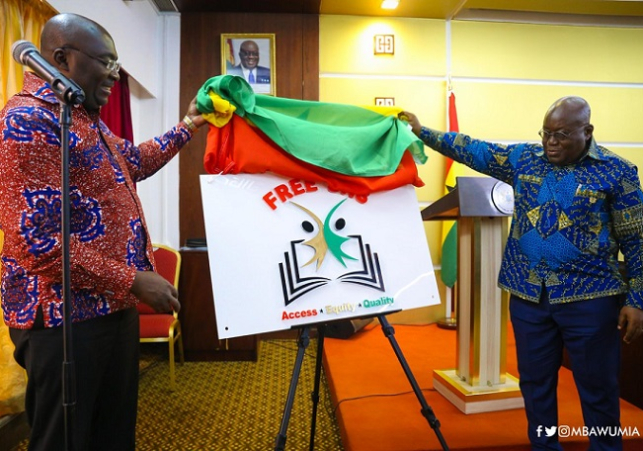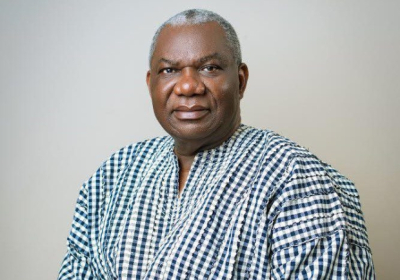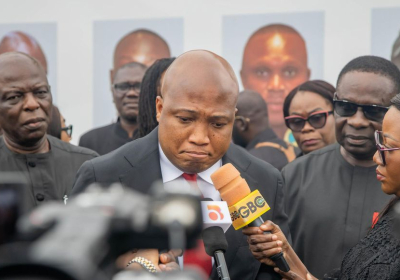"Ghanaians Rally Behind Social Programs but Demand E-Levy Removal, Report Shows"

"Ghanaians Rally Behind Social Programs but Demand E-Levy Removal, Report Shows"
The latest survey by Afrobarometer has shed light on Ghanaians’ views regarding several government social programs and the economic realities faced by citizens. The data reveal overwhelming support for some key initiatives: 85% of Ghanaians endorse the continuation of the Free Senior High School program, while 81% favor the Planting for Food and Jobs initiative, aimed at boosting local agriculture and food security. The One District, One Factory (1D1F) program, which aims to foster industrialization across all districts, has the backing of 71% of respondents, while 60% support the One Village, One Dam policy, which seeks to enhance irrigation in northern Ghana.
Despite this positive outlook on certain policies, the electronic transactions levy (E-levy) has garnered significant opposition. The levy, which applies to electronic money transfers, is seen as a burden by many, with 79% of respondents advocating for its removal. This highlights a disconnect between public preferences and some of the government’s revenue-generating strategies, especially as economic hardships persist.
The survey also explored Ghanaians' views on the country's most pressing issues. Unemployment emerged as the top concern, with 41% listing it as the most critical issue the government should address. Infrastructure and road development came in second at 38%, emphasizing the need for improved transportation and connectivity across Ghana. Healthcare access also ranked high, with 33% of respondents naming it a priority.
The economic data from the report further underscore the challenging conditions many Ghanaians face. A staggering 82% of respondents reported some level of poverty within the last year, and 45% experienced moderate to severe economic hardship—up sharply from 19% in 2017. Cash flow remains a pressing issue, with 70% of respondents reporting at least one instance in the past year where they had no cash income. Essential services like medical care, water, food, and cooking fuel are also in short supply, with over 40% of respondents citing challenges in accessing these basic necessities.
Adding to the economic distress, public perception of the government’s economic performance has waned. Only 45% of Ghanaians are optimistic that economic conditions will improve in the coming year, underscoring widespread frustration with the rising cost of living and limited access to essential resources.
This report captures the complex landscape of public opinion in Ghana—a population supportive of strategic social programs yet struggling with economic realities and skeptical of certain policies that impact their daily lives.







